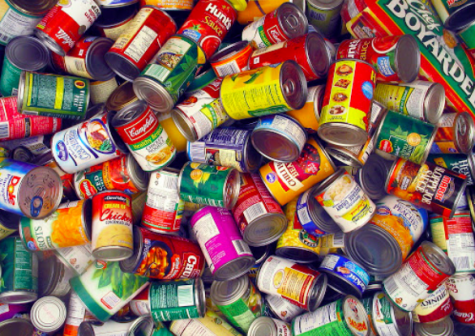Donating for The Good Deed or Yourself
January 14, 202129 Views
In a weekly feature of the New York Times there’s a section from Randy Cohen called, “The Ethicist” where people send in questions and Cohen provides his opinion on the answers to them. The question is, “At my high school, various clubs and organizations sponsor charity drives, asking students to bring in money, food, and clothing. Some teachers offer bonus points on tests and final averages as incentives to participate. Some parents believe that this sends a morally wrong message, undermining the value of charity as a selfless act. Is the exchange of donations for grades OK?” From my perspective I see both sides of the argument but I agree this is sending the wrong message to the students.
Many people believe the saying that “you give what you get” which is true in most cases. With donating to charities it’s not something you receive out of knowing you’ll receive it. From donating you receive the feeling of kindness and God will see this act which will be beneficial for the person doing the act. In the bible it states, “But love your enemies, and do good, and lend, expecting nothing in return, and your reward will be great.” This is saying that you shouldn’t expect something from the outcome of doing a good deed. Everyone should follow this outlook because God will always have a plan for you. 
An example of the question asked would be when schools have a canned food drive but the winning class gets an ice cream party or pizza party if they collect the most. By donating there is the strength of people coming together from it. But with the competition involved it’s more of a segregated action. The reason the students would donate for that canned food drive would be for getting pizza for themselves and being selfish instead of to help ones in need of food. It makes students donate more but for the wrong cause.
There is also the problem of people using their money for the advantage of themself. People can go put in $5 for a soda when they have free water at hand instead of donating $5 to someone who can’t even get water. Society needs to teach these students to be smart with their money and put it to good use instead of being selfish and wasting it on unnecessary things. I’m not saying this trying to get people to stop buying soda or things seen as unnecessary but instead I’m saying if someone can waste money on something extra then they can use money as well for a good cause.
These students need to be taught this concept instead of teaching them selfishness.








